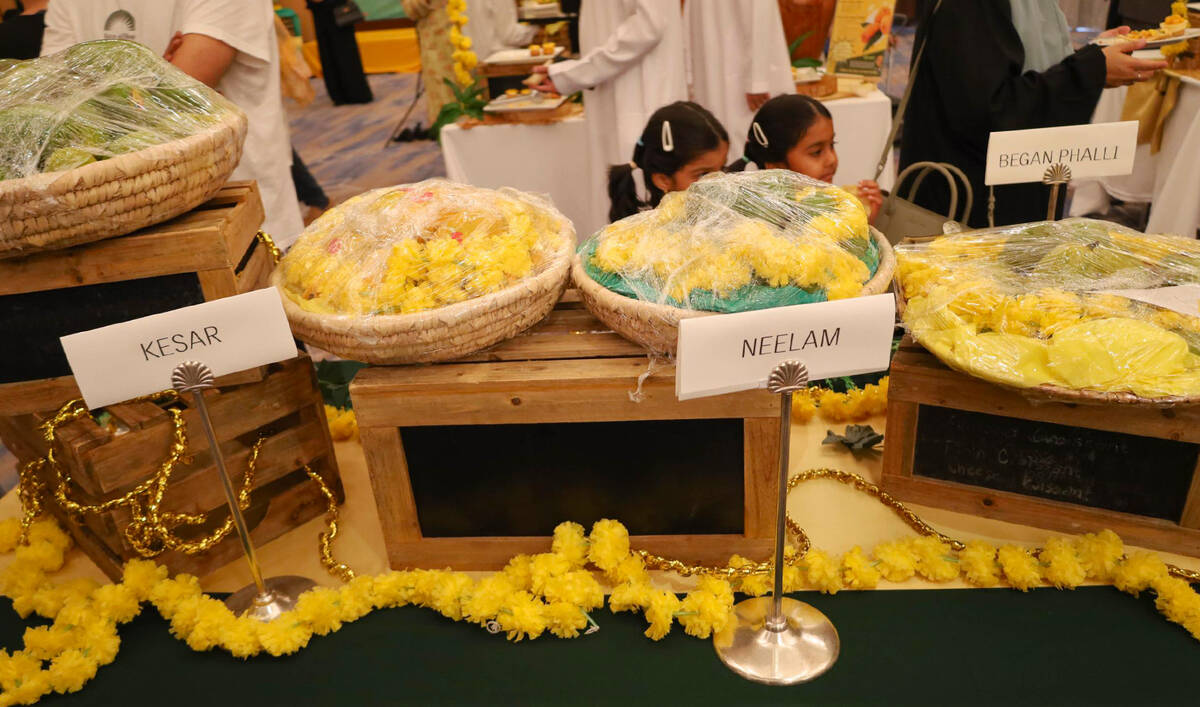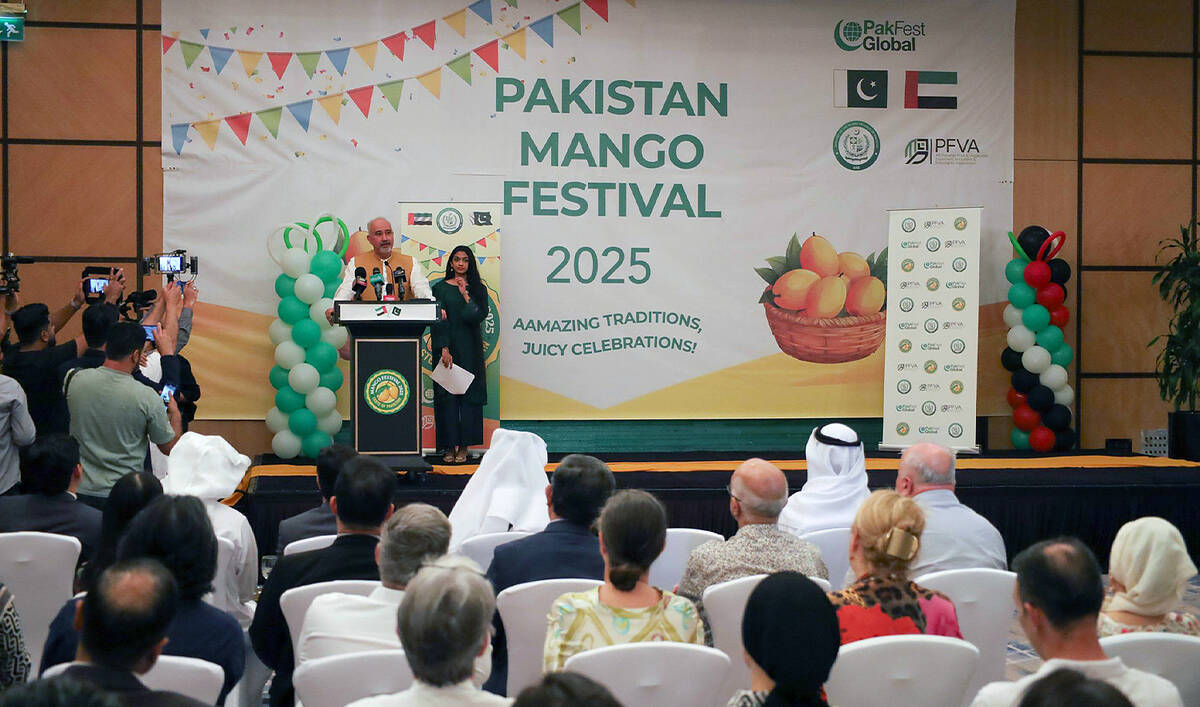KARACHI: Swelling energy and food import bills are posing a challenge to Pakistan’s balance of payments, experts say, as the country’s current account deficit may reach unsustainable levels by the end of the ongoing fiscal year.
Pakistan’s imports in the first two months of the current fiscal year 2021-22 grew by 74 percent to $12.2 billion, compared with the same period last year. The main contributors to the growth were energy and food, whose import bills have increased by 102 percent and 50 percent respectively.
During July-August, the South Asian nation imported petroleum goods worth $3 billion and food worth $1.5 billion, mainly wheat and sugar.
The growth in imports has widened the country’s current account deficit during July-August to $2.29 billion, as compared with $838 million in the same period last year.
“Tt shows that the economy is consuming more than producing,” Samiullah Tariq, head of research at Pakistan Kuwait Investment (PKI), told Arab News on Sunday. “The CAD more than 3 percent of GDP will not be sustainable.”
While the central bank attributes the rise in CAD to increasing global commodity prices and Pakistan’s economic recovery, analysts forecast it will cross the 3 percent mark by the end of the current fiscal year.
“We expect CAD to clock-in at $10 billion to $11 billion in FY22,” Tahir Abbas, head of research at Arif Habib Limited, said. “Any further uptick in the overall food and energy import will only put further pressure on the external account.”
To arrest the rise in CAD, Tariq added, Pakistan should increase production.
“Pakistan needs to increase production from agriculture and industrial sectors, substitute imports and curtail non-essential consumption/imports like automobiles etc.,” he said.
But Arif Nadeem, chief executive of Pakistan Agriculture Coalition (PAC), a body that works for the transformation of the agriculture sector, says agricultural production is already high.
“Pakistan has produced bumper wheat crop, highest ever, this year and there is no shortage of the sugar as well in the country,” he told Arab News. “Pakistan is also beefing up stocks of the commodities as other countries did in wake of lockdowns imposed after the coronavirus pandemic to avoid inflation.”
He said rising commodity prices in the international market were responsible for the high food import bills and to address the country’s food security farmers should be offered better prices for their produce.
“If international prices are given to our farmers they will work more,” Nadeem said, “(they will) use good quality fertilizers and seeds, resultantly produce more wheat, oil seeds, sugarcane, and cotton.”























